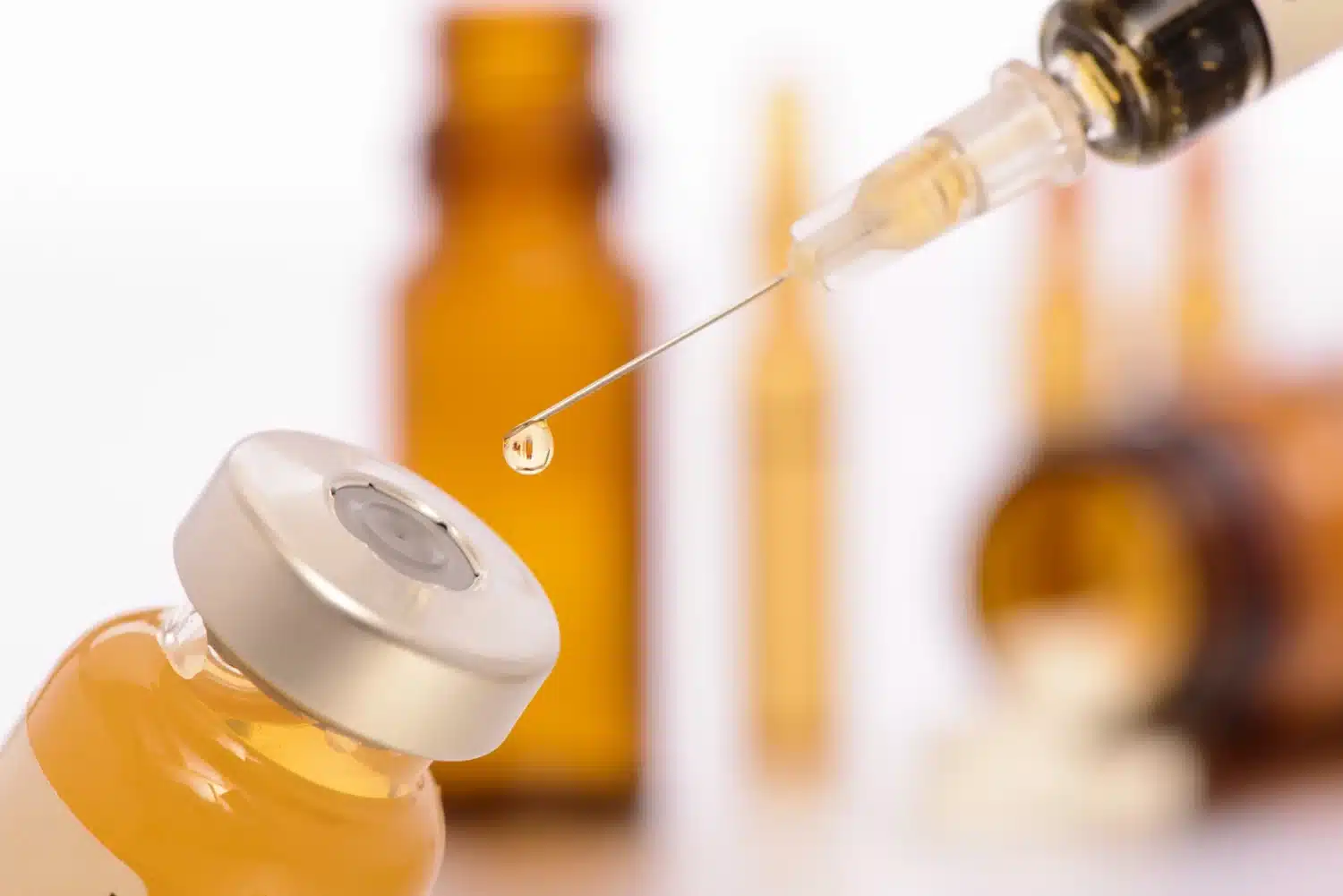Amidst several reports of the blood clot controversy following the Astra Zeneca COVID-19 vaccine, the association has finally been confirmed. This is as per the report on April 11, 2021, in Science Magazine.
Austria, Denmark, Norway, Iceland, and several other European countries suspended the use of the Astra Zeneca COVID-19 vaccine in March 2021 following reports of severe cases of dangerous blood clots accompanied by low platelet counts in over 200 cases which led to at least 15 deaths amongst 34 million people vaccinated.
It has been officially confirmed by the European Medicine Agency (EMA), the European Drug Regulator that there is a causal association between the Astra Zeneca (AZ) Covishield Covid-19 vaccine (recently named Vaxzevria) and the reported rare incidences of blood clots (thrombosis) and low platelet levels (thrombocytopenia).
Such a small number of reports of a rare condition characterized by thromboembolic events (blood clots) and thrombocytopenia (low platelets) have also been reported by the UK following the first dose of the Astra Zeneca Covid-19 vaccine. Such a rare event was not evidenced with the Pfizer/BioNTech vaccine. The Medicines and Healthcare Products Regulatory Agency (MHRA), UK reviewed all cases and observed 19 fatalities out of 79 suspected cases. The cases have mostly been observed in women below the age of 60 within 14 days of being vaccinated with the first dose.
Europe reported blood clots in veins inside the brain, abdomen, and in arteries. The UK also reported both arterial and venous clots. The researchers observed that patients produce antibodies against platelet factor 4 (PF4) that trigger clot formation. Such antibodies are also formed as a rare effect of the anticoagulant drug heparin. Scientists are also suggesting reducing the vaccine dose to half might reduce such a risk. However, the question also arises that the disease COVID-19 itself presented with incidences of blood clots without any vaccination history in patients.
Currently, investigations are ongoing, MHRA has advised people to monitor and report symptoms including any new onset of unusual or severe headache, bleeding, shortness of breath, chest pain, leg swelling, etc.
While the low number of cases presently indicate that the risk of blood clots may be low or rare with Covishield, the AZ COVID-19 vaccine, and considering the rising cases of COVID-19, the benefits of the vaccine might outweigh the risks, it is still important to identify individuals who would be particularly susceptible to these blood clotting events. Nevertheless, those who have undergone the first dose of AZ Vaccine Covishield are advised to take their second dose of vaccine. However, anyone who has experienced cerebral or other major blood clots occurring with low levels of platelets after their first dose of AZ COVID-19 vaccine must not take their second dose.
No such reports of blood clots or low platelets are presently available from India following any of its two vaccines – AZ COVID-19 vaccine Covishield or Bharat Biotech Covaxin though it also points towards a weak pharmacovigilance system. Pharmacovigilance includes activities relating to the detection, assessment, monitoring, and prevention of adverse effects of any medicine or vaccine. India needs to strengthen its pharmacovigilance and adverse event reporting system to track COVID-19 vaccine-related adverse events and causes of death. This will also clear any confusion regarding apprehensions concerning these vaccines.
India is likely to clear approval for the vaccine from other manufacturers including Sputnik V vaccine, Johnson & Johnson vaccine, and Novavax vaccine.
Medical Disclaimer – The content, articles and blogs on this website and its affiliated social media pages or third-party links are for educational and informational purpose and is not intended to replace medical advice, diagnosis, or treatment. The readers and visitors on the website should always seek the advice of a qualified physician or other health care provider regarding questions or queries related to their personal health or medical conditions or before starting using a supplement or medication or making changes in their diet or exercise or following any other advice from our website. We take no responsibility for any health issue or personal injury, death, disability, or any other harm due to the content on our website or advice or opinion expressed on our website.




